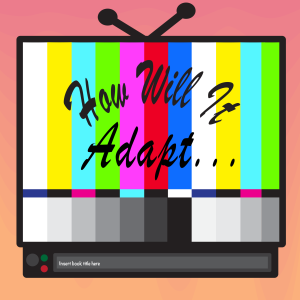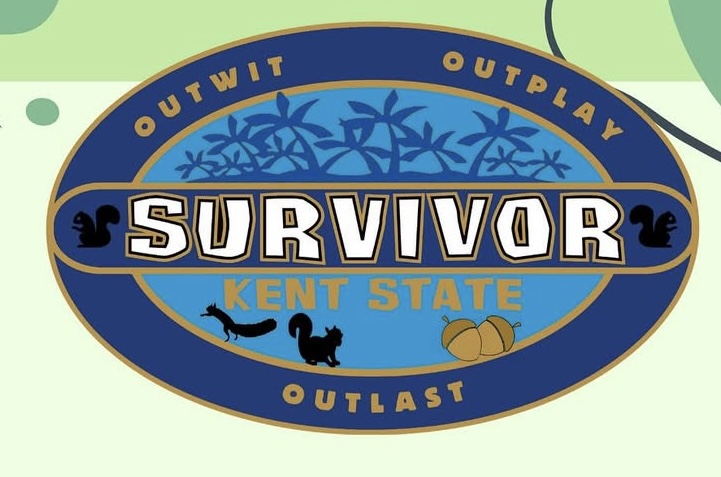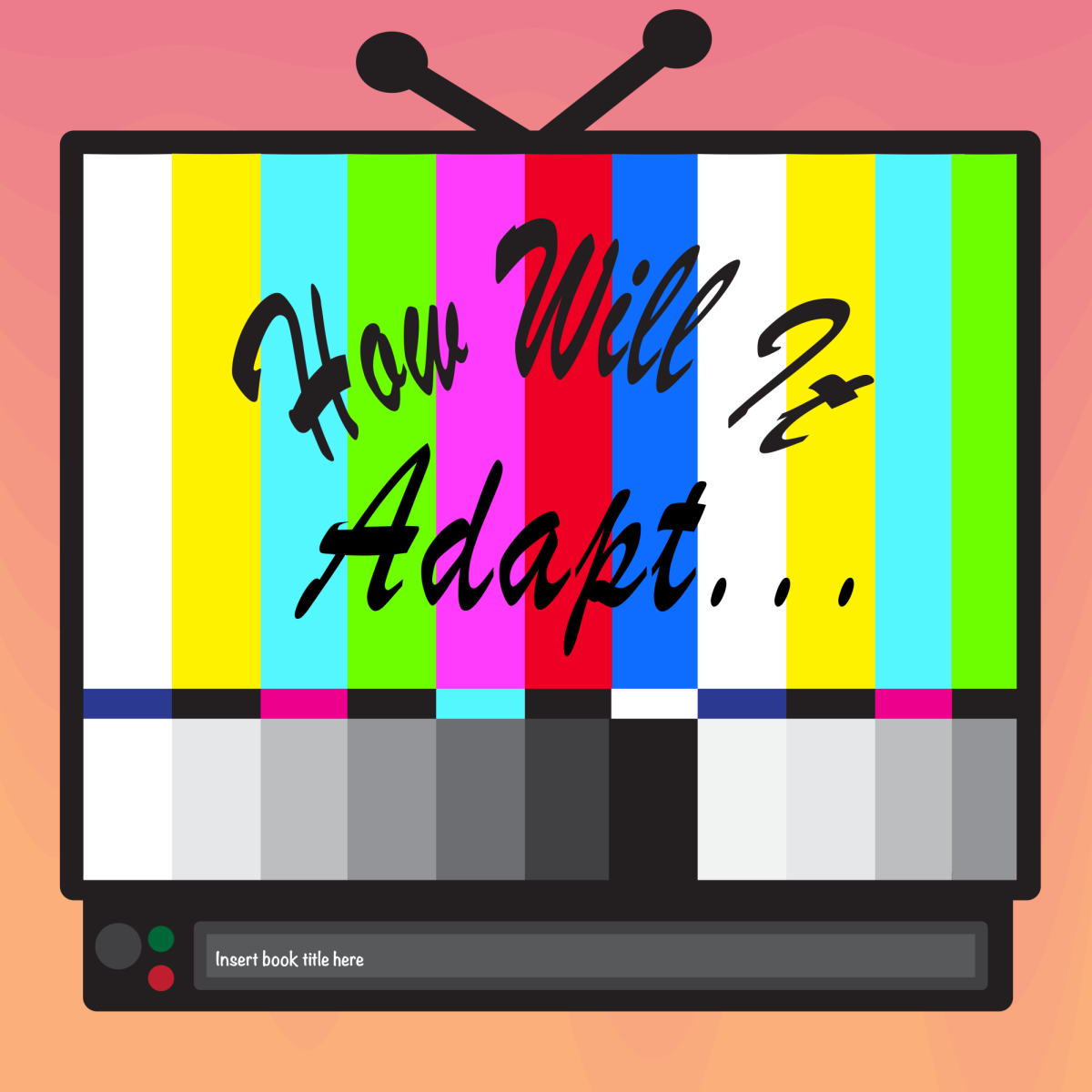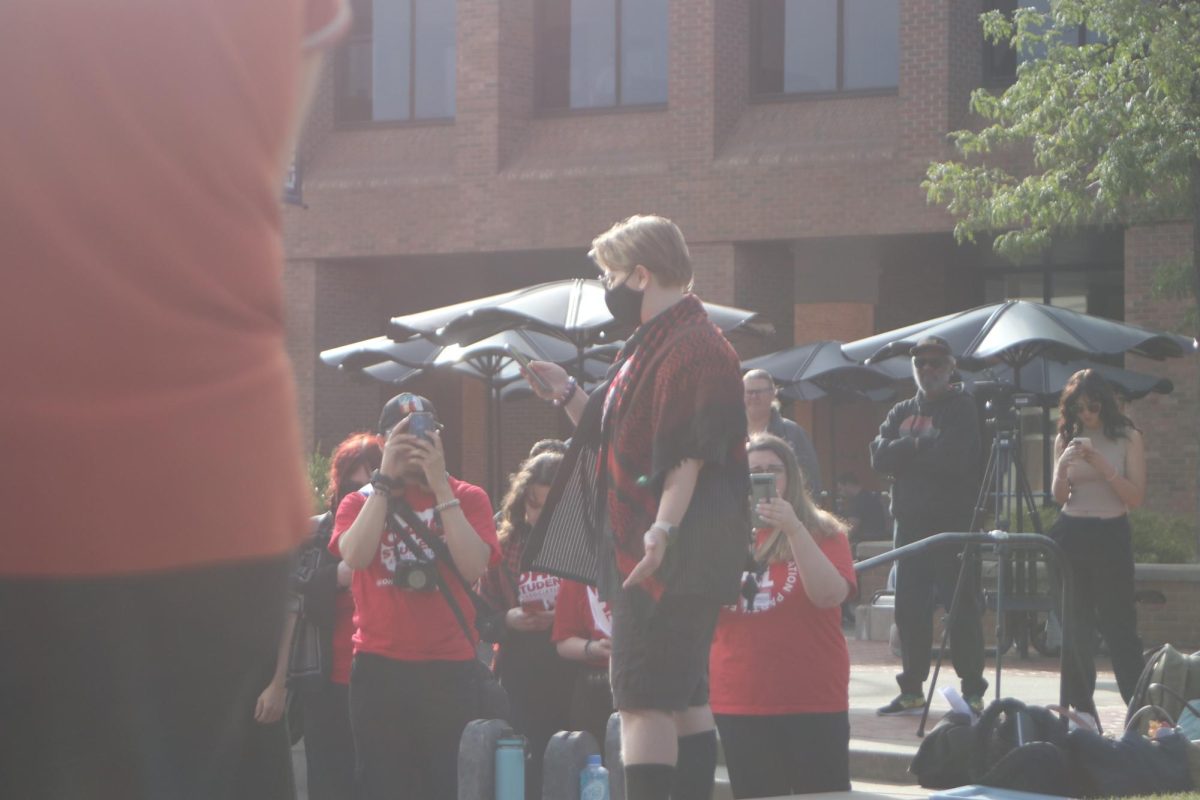On March 19, college students all over Ohio walked out of classes and lecture halls, to gather on college campuses in protest of Ohio Senate Bill 1 (SB1). This bill prohibits the continuation of existing diversity, equity and inclusion offices and the establishment of any new departments that would continue these practices.
Despite SB1’s overwhelming unpopularity amongst Ohio students, the bill was signed into law by Mike Dewine on March 28. With the signing of the bill, students are wondering what this will mean for their education.
Evan Terribilini, a sophomore American Sign Language and education major, is one of these students. He is concerned about how SB1 will impact his major, as well as deaf and disabled students.
“After all, deafness can impact anyone regardless of race, ethnicity, gender, age, or any other DEI-like factors,” Terribilini said. “Even without other factors, disabilities are a huge part of DEI discussions and deafness is no exception. If DEI programs are being removed, who’s to say Student Accessibility Services or similar organizations won’t be as well?”
Students are not the only ones who will be impacted by SB1, but faculty as well.
Professor of Social Foundations, Debra L. Clark, has been teaching for over 29 years – specifically the course, Education in a Democratic Society. Clark has many concerns about SB1, including how it will impact the content of her class.
“The content of my class, I can teach all of it as long as I make sure that intellectual diversity exists,” Clark said. “So, some of what I teach, more in the area of history, will be more impacted. I will have to discuss things that the majority of people define as bad or evil and discuss the good side of it also.”

Clark is also concerned about how the law can be used against faculty, as students will be encouraged to report faculty who do not abide by SB1. The main problem is that the accusations do not necessarily need to be true, so Clark worries that faculty might avoid certain topics in order to avoid losing their jobs.
“With all laws, what plays a key role is how it is administered. A law can be written and have one meaning, but how it is administered has a totally different outcome,” Clark continued. “ If you’re totally controlled in what you say and you’re totally controlled in what you fear, you’re going to say what the party line of those opposed to diversity, equity and inclusion say; because then you’re safe.”
Clark’s biggest concern, however, is how faculty’s fears over the bill will negatively impact the quality of education that students will receive and how SB1 might ultimately mean the end of higher education in Ohio.
“There is a belief that, in higher education, professors should have academic freedom. That if something comes up, explore it and dive into it with our students,” Clark said. “I’m concerned that out of fear, we will be dishonest in our teaching – that in an effort to reach this intellectual diversity, we will misguide students. That stifles your own intellectual freedom to contemplate things.”
Terribilini expressed similar concerns when it comes to K-12 public education. While SB1 doesn’t cover K-12 public education, he noted that bills like SB113, a bill that has similar aims as SB1, will.
“The definition of DEI is so vague, it could impact literally anything and we wouldn’t have the power to stop it,” Terribilini said. “If the adults in college can’t fight back against DEI bans, how are children supposed to be able to? What will happen when these children don’t receive proper history education?”
However, he said that his biggest frustration isn’t the DEI bans themselves, but rather the general public’s knowledge surrounding them. He believes that while most people have heard of bills like SB1, most are in the dark about what these bills do and the impact they will have on education as a whole.
Terribilini believes that this lack of knowledge is a detrimental problem, as it allows people to passively accept the nature of these bills. He believes that people should take a more active approach when it comes to both understanding and fighting back against these bills, not just for themselves, but for those who can’t fight back as well.
“If we’re not overwhelmingly willing to fight these bans, nothing will happen to stop them,” Terribilini said. “To use an argument Republicans use frequently: think of the children.”

















